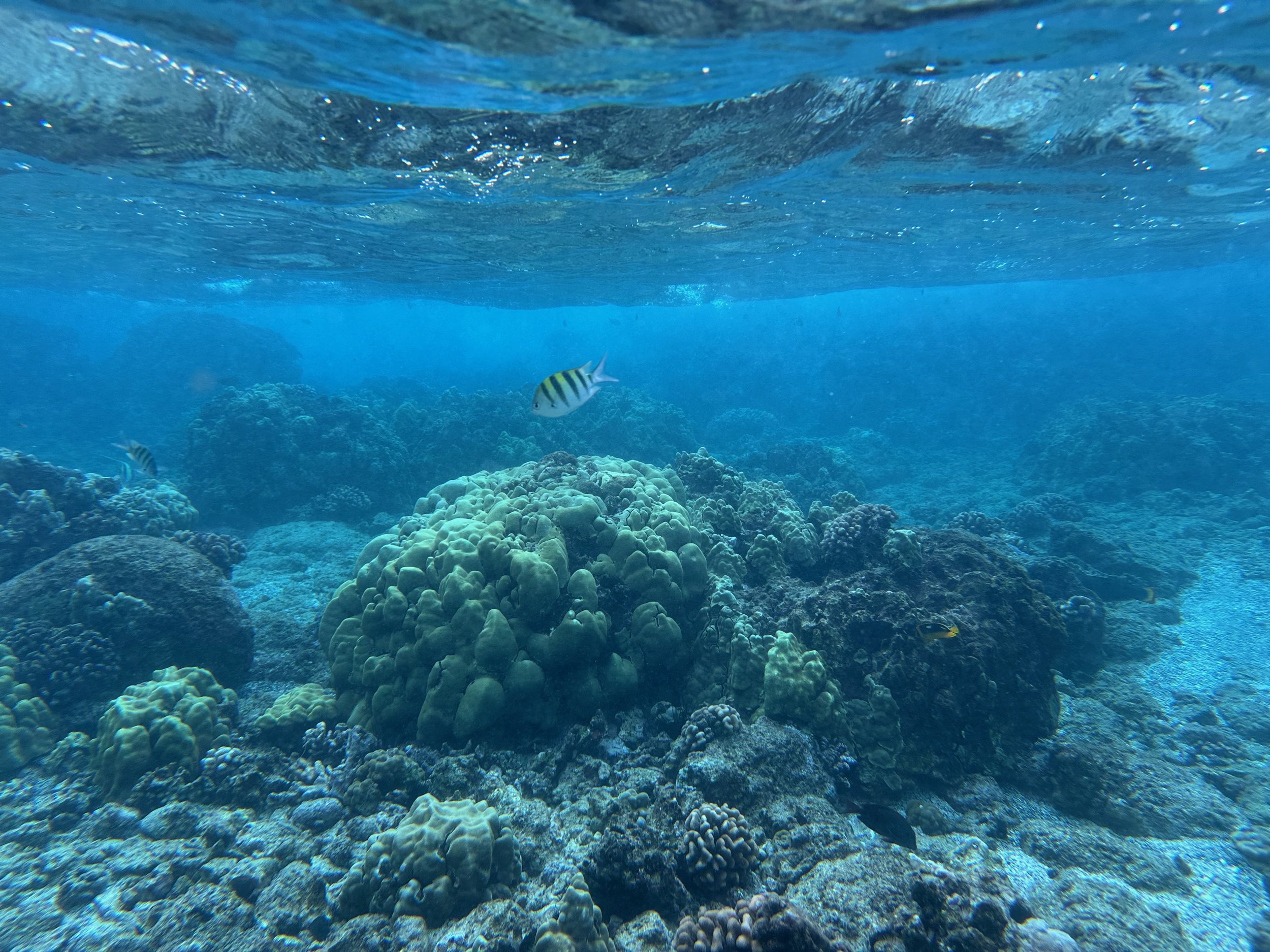
2025 Bren School of Environmental Science & Management Final Presentations
When: April 25th, 2025, 1:15 pm Pacific Time
Where: Bren Hall 1414 or online: Link
Our Abstract:
Over 50% of coral reefs worldwide have already died due to climate change, pollution, habitat destruction, and overfishing (Hoegh-Guldberg et al., 2010; IPCC). By 2050, up to 80–90% of reefs could be lost (IPCC). This decline endangers global biodiversity, fisheries, coastal protection, and the livelihoods of more than 500 million people (Hein et al., 2020). Coral reefs also generate $42 billion USD annually through tourism and fishing (Duarte et al., 2020), presenting both a biological and economic imperative to protect and restore them.
Existing restoration methods are slow, expensive, have low success rates, and cannot meet the growing demand for reef recovery. Currently, 99% of restoration projects are entirely ocean-based, with a 66% success rate, resulting in losses of ~$198,000 per hectare. In comparison, only 1% of projects have a land-based component, yet achieve a 90% success rate (Boström-Einarsson et al., 2020). However, land-based facilities have not been widely adopted due to high costs, lengthy construction times, and specialized knowledge required for implementation. Identifying ways to reduce barriers to land-based restoration is crucial for saving our coral reefs and preserving their environmental services. This creates a market opportunity for a new venture.
ResiliReefs’ Mobile Coral Labs are scalable, cost-effective, and rapidly deployable restoration units built inside a shipping container. Our solution removes building permitting delays, reduces costs, and provides organizations with the necessary equipment and knowledge for coral propagation, gene banking, heat-stress testing, and bleaching recovery/havens. ResiliReefs provides advantages in cost, accessibility and accelerates response times, creating scalable restoration efforts to restore and protect our valuable coral reef ecosystems.




